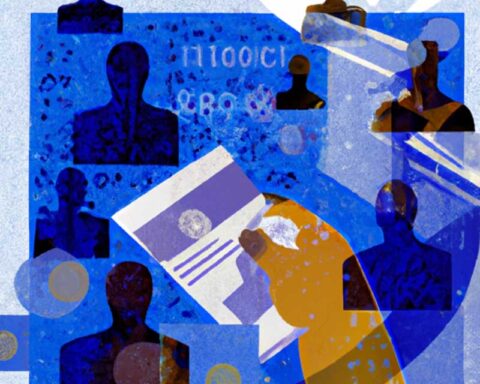TLDR:
AI and geospatial imagery are transforming the insurance industry, enhancing underwriting, risk assessment, and claiming processes. The integration of AI with geospatial data allows insurers to gain detailed insights into location-based risks, improving risk predictions and streamlining underwriting. Geocoding plays a key role in this shift, highlighting under/overpriced properties and uncovering billions of dollars in unrealized risks due to inaccurate geocoding.
Key Elements:
- AI and geospatial imagery revolutionizing insurance industry
- Integration of AI and geospatial data enhances underwriting, risk assessment, and claims process
- Geocoding converts addresses into geographic coordinates for precise risk assessment
- Geocoding reveals thousands of under/overpriced properties and billions in unrealized risk due to inaccuracies
- Professional InsurTech Certificate course offers practical exploration of InsurTech for professionals
Artificial intelligence (AI) and geospatial imagery are revolutionizing the insurance industry, enhancing everything from underwriting and risk assessment to claiming processes. By integrating AI with high-resolution geospatial data, insurers can gain unprecedented insights into the specific risks associated with a given location. Location plays a critical role in insurance, influencing the likelihood of natural disasters, crime rates, and other factors that impact policy pricing and claims.
Leveraging AI allows insurers to analyze vast amounts of data quickly and accurately, identifying patterns and predicting risks with greater precision than ever before. This innovative approach not only improves the accuracy of risk predictions but also streamlines the underwriting process, making it more efficient and effective. As insurers continue to adopt AI and geospatial technology, they can offer more tailored policies, better manage risk, and enhance overall customer satisfaction.
A key component of this technological shift is geocoding, which involves converting addresses into geographic coordinates. This enables insurers to pinpoint the exact location of an insured property, facilitating more precise risk assessments. Geocoding enhances the accuracy of data, allowing for more detailed analysis and better-informed underwriting decisions.
In a presentation by Jon Lipinski, Co-Founder & President at Ecopia AI, it was revealed how geocoding is becoming the new standard for insurers and could highlight thousands of under/overpriced properties. Lipinski demonstrated the implications of inaccurate geocoding, showing how over a million properties across the United States were underpriced for flood insurance alone, leading to approximately $43 billion of unrealized risk. This underscores the importance of accurate geocoding in the insurance industry.
The Professional InsurTech Certificate course offers a comprehensive exploration of Insurance Technology (InsurTech) for professionals in the insurance industry. Covering topics such as the fundamentals of InsurTech, regulatory perspectives, data analytics, and emerging technologies like AI and ML, the course provides practical insights and real-world case studies to help professionals navigate the evolving landscape of insurance technology.









